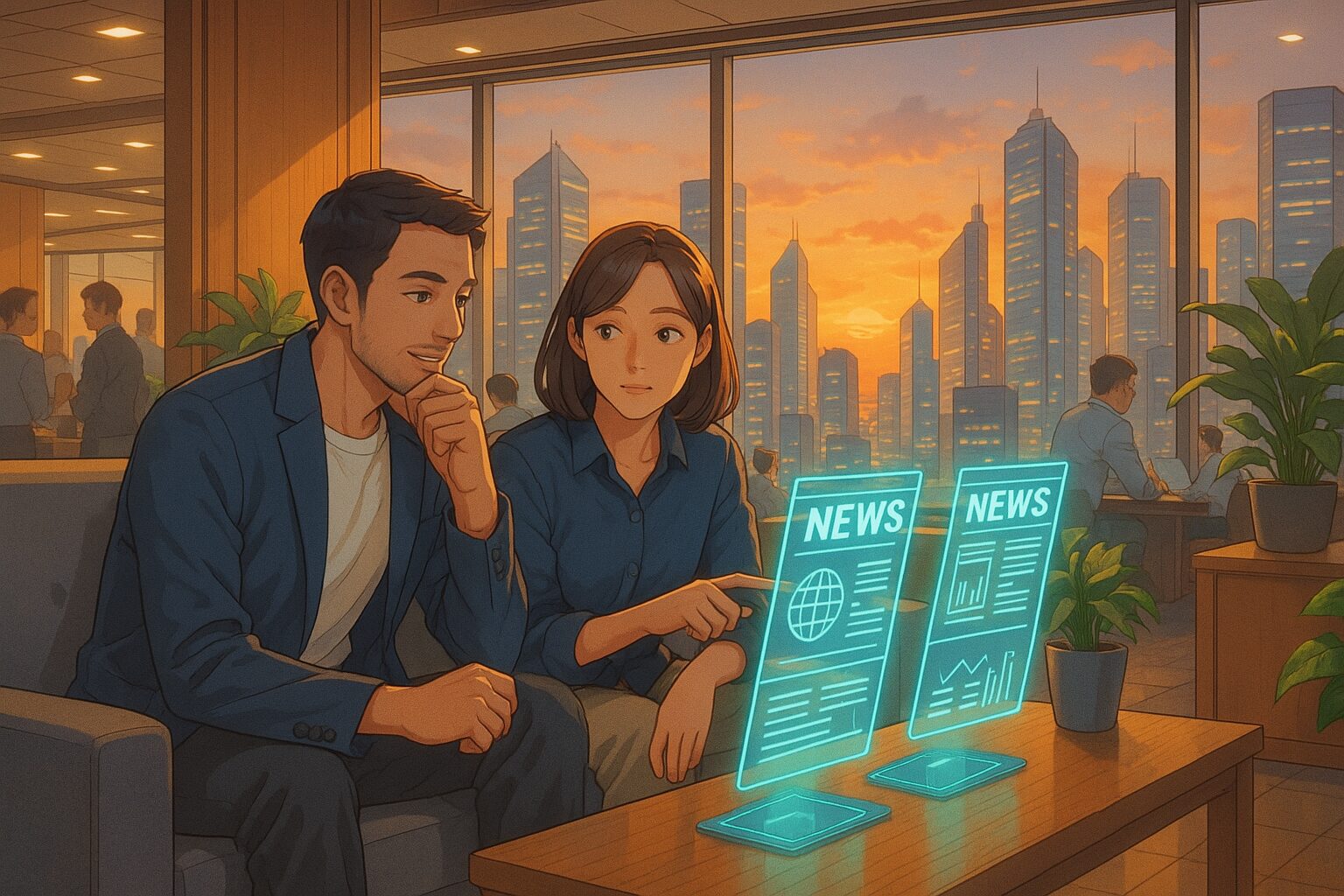How Will We Change in a Future Where Space Travel Becomes Commonplace?
Traveling beyond Earth into space is becoming a reality. Students in Sunnyvale, California, are being encouraged to imagine the future of space travel. Scientists from SETI (Search for Extraterrestrial Intelligence) are discussing what is necessary for a journey to Mars. If this trend continues, how will our future change?
1. Today’s News
Source:
https://www.mercurynews.com/2025/10/12/sunnyvale-students-encouraged-to-imagine-space-travel/
Summary:
- Students in Sunnyvale have had the opportunity to think about space travel.
- SETI scientists have introduced the technologies necessary for traveling to Mars.
- Students are excited about the possibilities of future space exploration.
2. Considering the Background
The discussion surrounding space travel is fueled by technological innovation and capital investment. Private companies are venturing into space development, with advancements in artificial intelligence and robotics accelerating. This movement is transforming space travel from a privileged adventure into something accessible to the general public. If space travel becomes commonplace, it will have a significant impact on our daily lives and values.
3. What Does the Future Hold?
Hypothesis 1 (Neutral): A Future Where Space Travel is Common
Firstly, as a direct change, space travel may become a part of life, and tickets to space might be sold just like those to popular travel destinations. Next, as a ripple effect, new industries related to space travel could emerge, and fashion trends for space suits may become popular. Lastly, as a change in values, we might rediscover the beauty of Earth from an extraterrestrial perspective, leading to a heightened awareness of environmental protection.
Hypothesis 2 (Optimistic): A Future of Great Advancements in Space Technology
As a direct change, regular flights to Mars and the Moon may begin, making space colonization a reality. As a ripple effect, new sources of energy may be discovered, and new lifestyles in space could emerge. In terms of values, national borders on Earth might lose significance, leading to a perception of Earth as a single community.
Hypothesis 3 (Pessimistic): A Future Where Dreams of Space Fade Away
If technical difficulties and budget constraints continue, space travel may become a luxury limited to the wealthy. As a ripple effect, interest in space exploration could wane, leading to a contraction of related industries. In terms of values, solving problems on Earth might take priority, reducing support for investments in space.
4. Tips for Us
Thinking Tips
- What values should we hold as space travel becomes more accessible?
- Let’s consider how to balance issues on Earth with our dreams of space.
Small Practical Tips
- Keep an open mind about future technologies.
- Continue small actions in daily life for environmental protection.
5. What Would You Do?
- If space travel became common, which planet would you want to visit first?
- Do you think advancements in space technology are beneficial for Earth’s future?
- What can we learn from space to solve problems on Earth?
What kind of future have you envisioned? Please share your thoughts through social media or comments.









